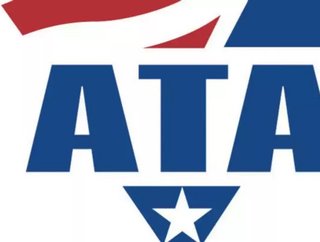ATA speak out about CSA data limitations

The American Trucking Associations (ATA) have spoken out about the limitations of data used by the Federal Motor Carrier Safety Administration (FMCSA) for its safety monitoring and measurement system; Compliance Safety Accountability (CSA).
In a white paper issued yesterday, the ATA claimed that the CSA system ‘lacks sufficient data on the majority of the industry to render meaningful scores for most motor carriers’.
The FMCSA claims it has sufficient violation data to assess 40% of active carriers in at least one category but only enough to "assign a percentile rank or score" in at least one category to 12% of active carriers. In fact, the vast majority of these carriers are only assigned a score in one category. The agency contends this weakness is not problematic since "those carriers are involved in 83% of the crashes."
According to the ATA, this statement is concerning as many crashes aren’t reported to the agency, a statement which is supported by research conducted by the University of Michigan Transportation Institute.
"This statement concerns us since FMCSA doesn't really know how many commercial motor vehicle crashes are occurring or who is involved in them. Many crashes simply don't get reported to the agency," ATA President and CEO Bill Graves said.
Despite the FMCSA's self-assessment that most states do a "good" job of reporting crashes, the UMTRI's comprehensive analyses demonstrate that some states do a good job while others do a poor job of reporting crashes to FMCSA.
For example, UMTRI found several states report less than 75% of their truck crashes to FMCSA. Unfortunately, FMCSA has discontinued funding for the UMTRI crash reporting studies which provide more accurate and reliable assessments of state crash reporting.
"Sole reliance on FMCSA's estimates does little to provide an understanding of how the CSA system lacks important safety data on the vast majority of the industry," Graves said. "This is critical because, as an analysis by the American Transportation Research Institute pointed out perceived safety risk is dependent on the amount of data available on each carrier.
"The fact that the government lacks data to score the vast majority of the industry in most categories calls into question not only the assumptions of those who don't have enough data to get scored, but those who do,” he continued.
"Honest and candid dialogue about data limitations, what currently works with CSA and what doesn't will lead to both program improvements and highway safety gains," Graves said.






